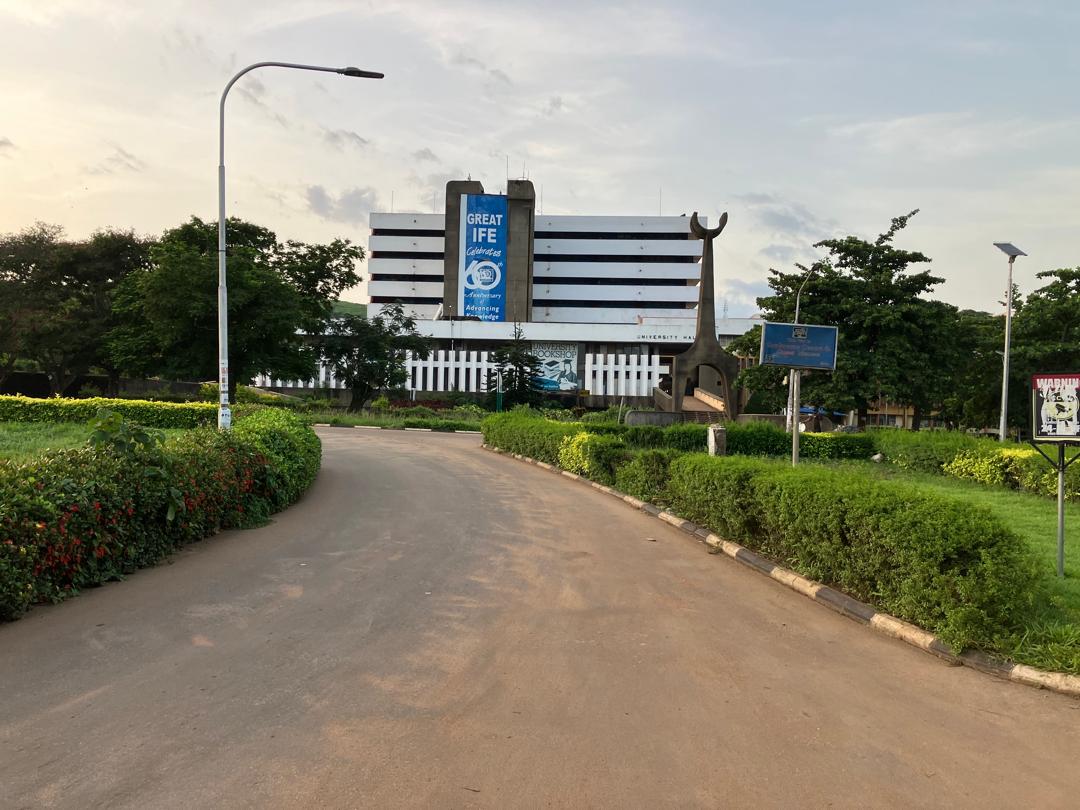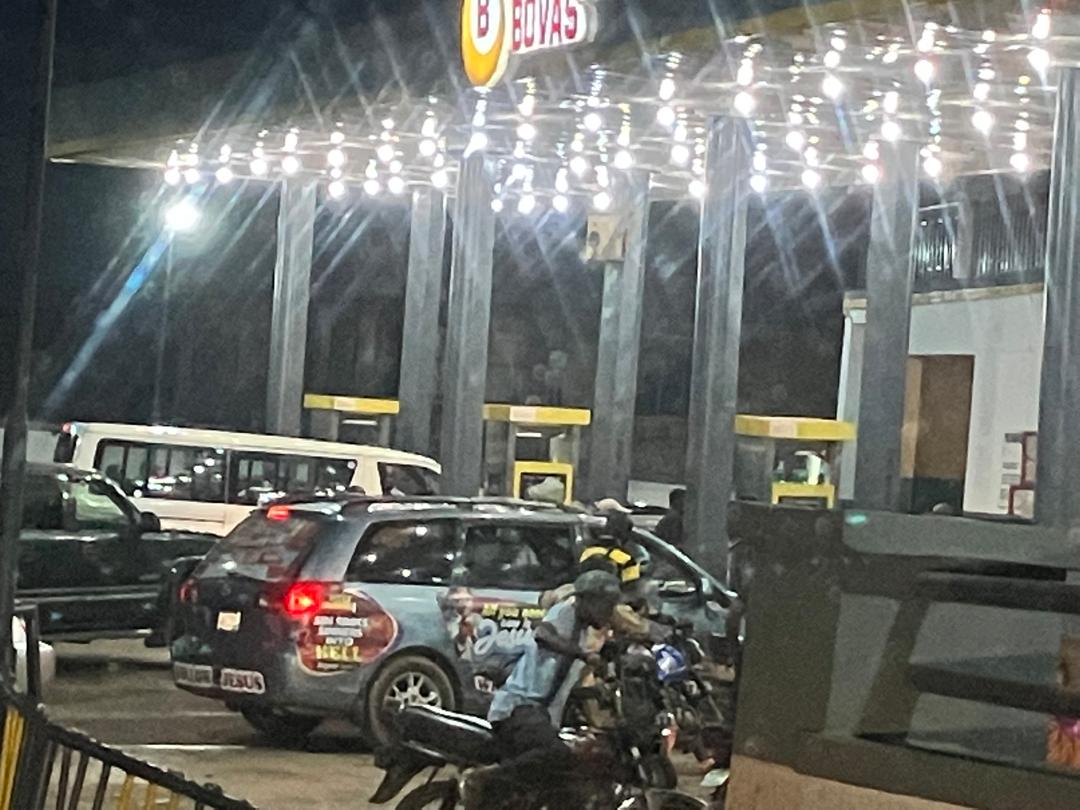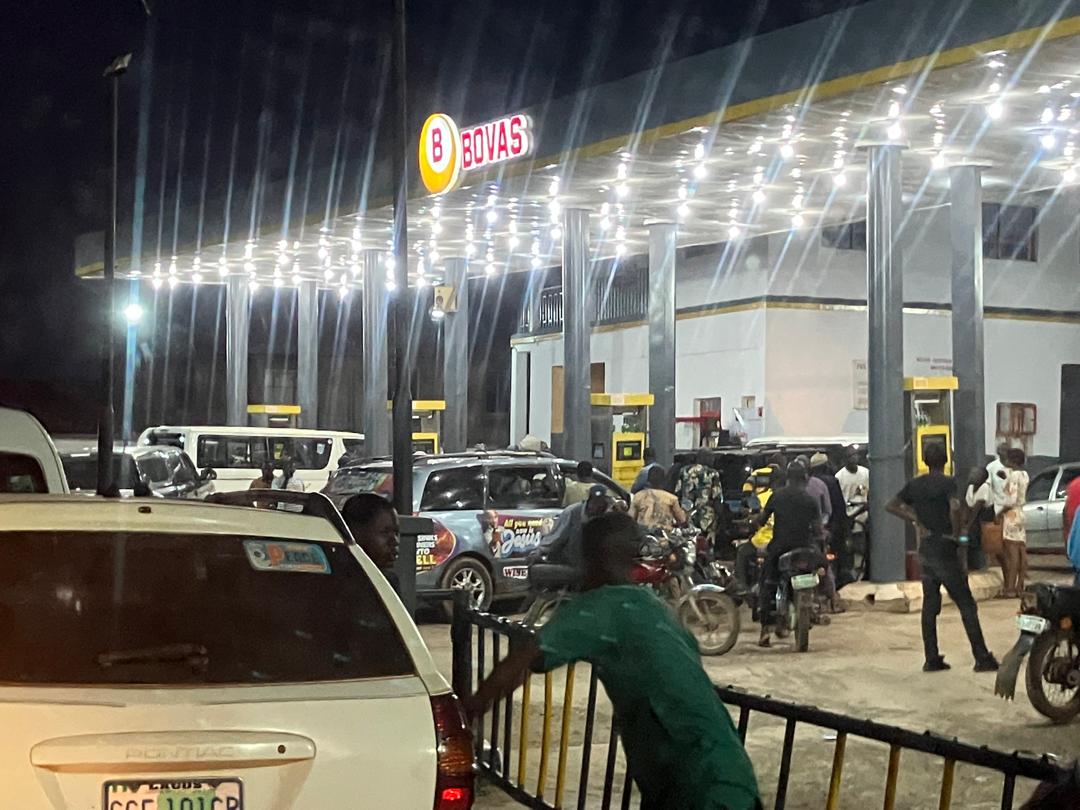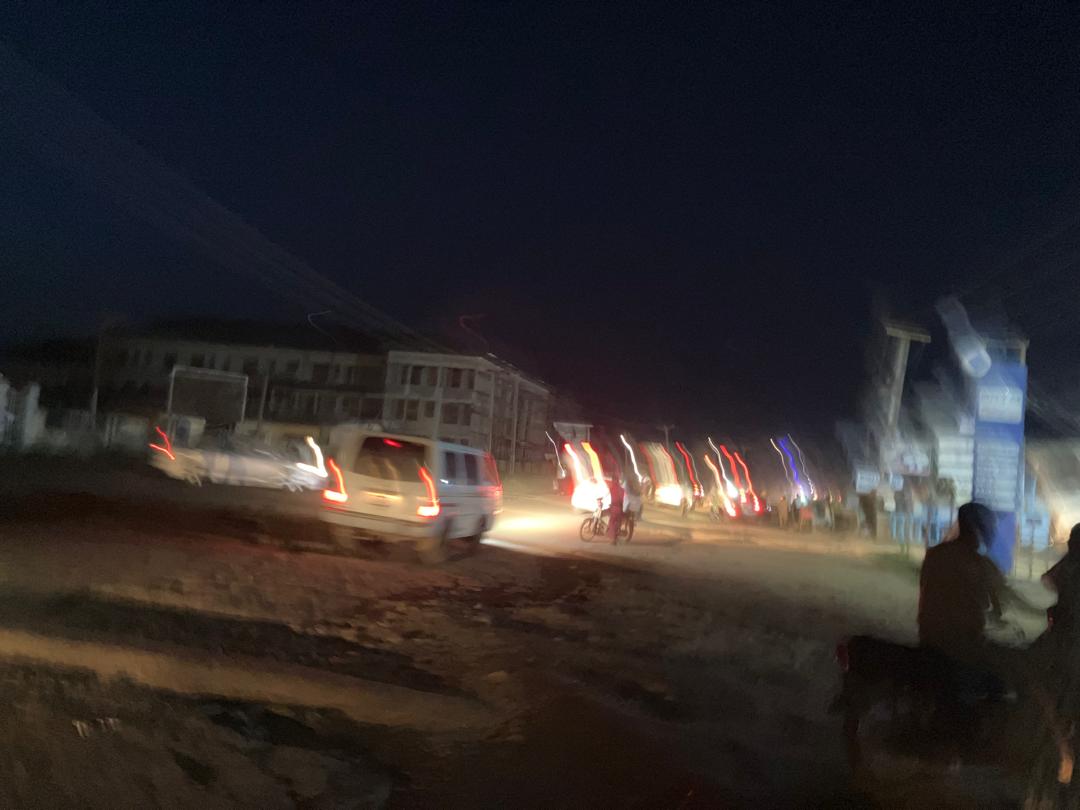
Nigeria Faces Blackout As Union Workers Shut Down National Grid Amid Minimum Wage Protest
A nationwide strike in Nigeria has halted air travel and caused widespread power outages on Monday after union workers shut down the national grid. Transmission Company of Nigeria (TCN) reported.
Millions of Nigerians are consequently without electric power, and flight schedules have been disrupted because of the strike, initiated by the Nigerian Labor Congress (NLC) and the Trade Union Congress (TUC). TCN operators were forcibly removed from control rooms, during which some of them sustained injuries. Photos on social media show union workers expelling personnel from the country’s tax agency offices as well. This strike has been described as “indefinite” by the labour unions.

The strike followed failed negotiations with the government to raise the federal minimum wage. The unions are also protesting a recent increase in electricity tariffs. They demand a wage increase from ₦30,000 ($22.4) to ₦494,000 ($369.6) per month. Presidential Aide Bayo Onanuga dismissed this demand as “unreasonable”, noting that the federal government proposed a 100% increase in minimum wage, from ₦30,000 to ₦60,000 ($44.89) per month, which was rejected by the unions.
Despite being Africa’s fourth-largest economy, Nigeria’s minimum wage is significantly lower than that of many other African countries. For instance, Seychelles pays $465.4 monthly as workers’ minimum wage.
The strike has left travellers stranded at major airports in Lagos and Abuja where all flights have been cancelled. Besides, healthcare services are also severely impacted.
A healthcare worker expressed concern about the system’s collapse, noting that his facility in southwest Nigeria could not power critical equipment due to the grid shutdown.
“The emergency unit and everywhere were dark. Patients and healthcare workers were all in darkness,” the healthcare worker lamented.

In a statement posted by Onanuga, Nigerian Justice Minister Lateef Fagbemi declared the strike illegal, calling it “premature and ineffectual”.
The strike has sparked mixed reactions on social media.
Lawyer Festus Ogun supports the strike, stating that the current minimum wage cannot sustain workers. In contrastive posture, Management Consultant Dipo Awojide argues that essential services like electricity and airports should remain operational to avoid punishing ordinary citizens.
At the moment, Nigeria faces significant economic challenges, which include a depreciating currency, high inflation at 33.69%, and a cost-of-living crisis. President Bola Tinubu’s administration has been criticized for its spending, including a ₦90 billion ($67 million) subsidy for Muslims attending Hajj pilgrimage and budgets for luxury SUVs and presidential residence renovations.

Presidential Spokesman Ajuri Ngelale acknowledged the current wage as “unsustainably low” but warned that the unions’ proposed increase could lead to significantly higher school fees and mass layoffs if institutions cannot afford the higher wages. “Nigerian parents will now have to grapple with school fees that are ten times more than what they are paying today,” he concluded.
written by: ‘Jide Adesina.
Editted by: Toyin Abiodun. Photo by: Niyi Babade, Charles Adewale, Mayowa
Video: Dr Henry Hunjo

